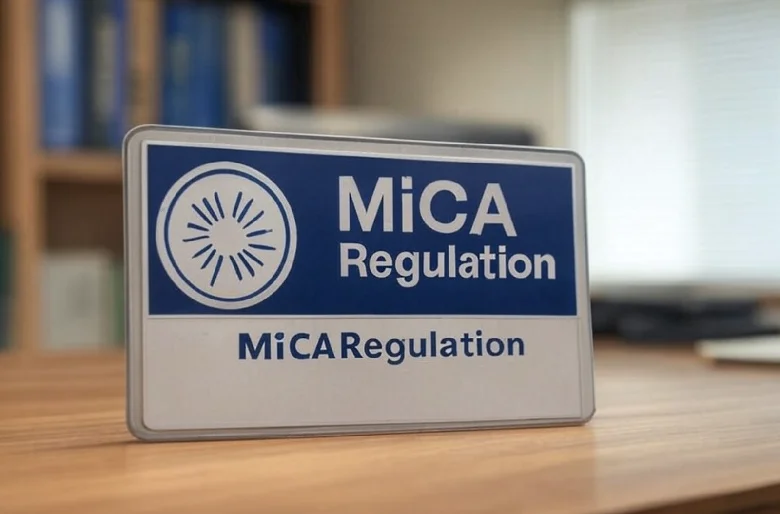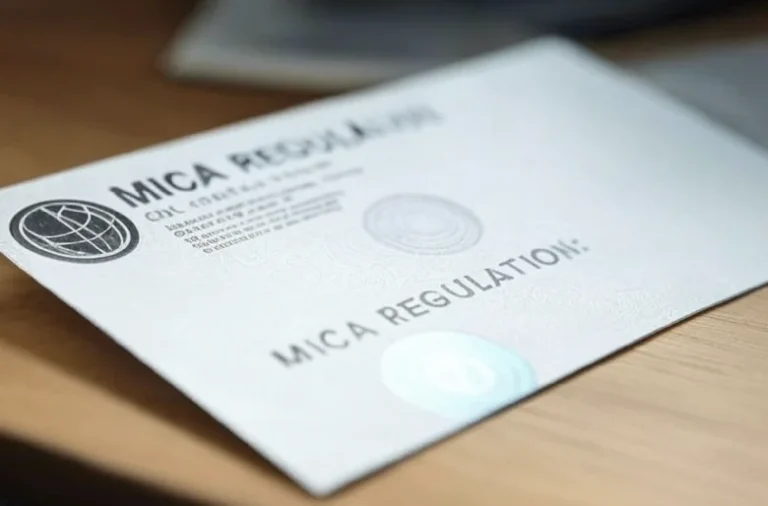People who are familiar with the cryptocurrency industry are well acknowledged of how important the advent of the MiCA regulation in the European Union is. It marks the start of a new era for digital assets by being fully implemented as of January 1, 2025. Experts of firms, like SBSB Fintech Lawyers are recommending companies to obtain a license under MiCA as a structured regulatory framework that aims to protect consumers and ensure market stability. The main selling point for this license — it provides legal clarity for businesses operating within the crypto space. It is important to understand why companies should prioritize obtaining a MiCA license along with the urgency dictated by time constraints.
Ability to Enhance Your Credibility and Trust
Registration for a MiCA license is an important thing for any modern company that provides cryptocurrency-related services. It is a commitment to transparency, compliance, and operational integrity. By being an industry standard, this license has become a strong indication for clients that they are choosing a proper company that adheres to stringent European Union standards.
Among the top things to know about the MiCA licensing:
- Market Access and Expansion. MiCA makes cryptocurrency regulation more structured and understandable to a wider audience. It eliminates the need to obtain several different licenses if a person wants to do business in the European Union. It is a kind of cryptocurrency passport that completely changes the approach of companies to expand the range of services provided. Thanks to the MiCA license, businesses can provide their services to a huge number of people – more than 400 million active users of the network, which is an incredible potential for growth and a good motivation to register your company according to the new standards.
- Time Limits and Transitional Periods. Another important motivation for obtaining a MiCA license is the transition period. Although some of the new cryptocurrency regulation rules came into force on December 30, 2024, crypto-asset service providers still have a certain period to obtain a new license. The specific period varies depending on the country in which the company was previously registered, but the final deadline has currently been extended by 18 months – until July 1, 2026. This allows companies to switch to the new standard without threatening their business.
- Consumer Protection and Operational Standards. MiCA is a comprehensive license that aims to ensure the security of users’ assets on several counts, especially anti-money laundering and counter-terrorism financing. By obtaining a license, companies not only meet these requirements but also mitigate risks associated with legal repercussions, fines, or business disruptions due to non-compliance.
Given the complexity and the need for internal adjustments, companies should start this process well in advance. Legal assistance from specialized firms like SBSB Fintech Lawyers can streamline this journey, from choosing the right jurisdiction to ensuring all compliance checks are met.

Professional Help is Needed
The new regulations under MiCA are both a challenge and an opportunity for companies to demonstrate their superiority in a fairer and more transparent crypto market. Companies have a narrow window to adapt before the transitional periods end, making immediate action crucial. With the help of experienced professionals like those at SBSB Fintech Lawyers, achieving excellent results will not be that difficult.
Summary
MiCA is reshaping the cryptocurrency landscape in the European Union, offering both challenges and opportunities. By obtaining a MiCA license, companies can boost trust, expand their market reach, and ensure compliance with rigorous standards. The clock is ticking on the transitional period, so businesses should act quickly. With expert guidance from firms like SBSB Fintech Lawyers, navigating these changes can become a smoother, more efficient process—paving the way for long-term success in the evolving crypto market.

